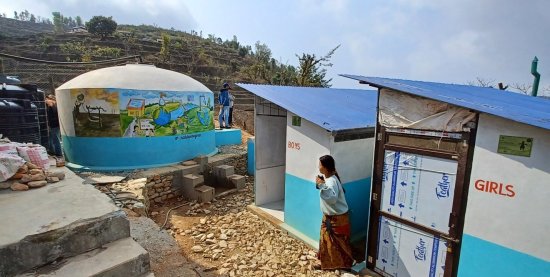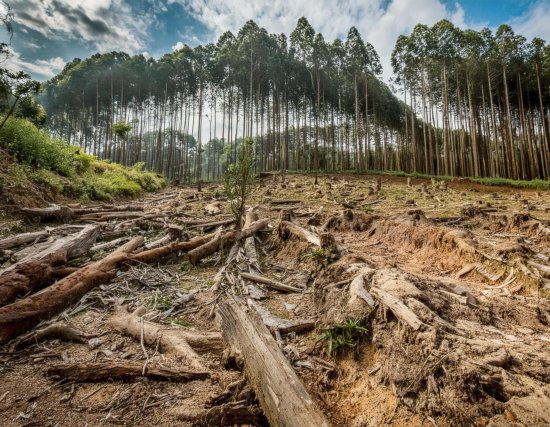 In the remote valleys of Nepal, it is very difficult to obtain precise information on rainfall. Only community testimonies and indicators such as mudslides, the volume of temporary watering points, etc., allow us to estimate actual rainfall quantities.
In the remote valleys of Nepal, it is very difficult to obtain precise information on rainfall. Only community testimonies and indicators such as mudslides, the volume of temporary watering points, etc., allow us to estimate actual rainfall quantities.In order to obtain better data, Kanchan Nepal and IRHA are installing automatic weather stations to measure basic parameters such as sunshine, rainfall, wind speed and direction, and temperature. All these data can be downloaded freely and...
read more



